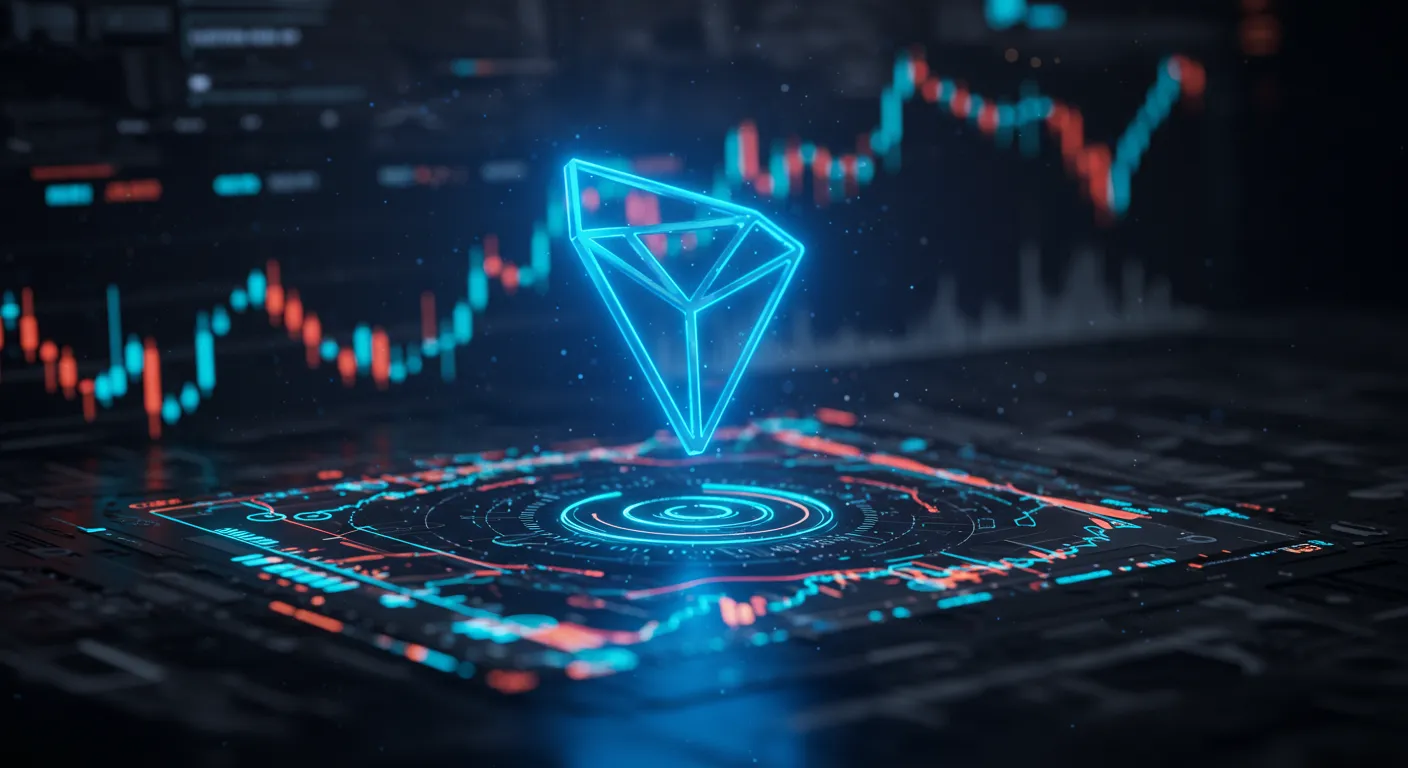If you've ever tried to build a serious application on any network, you eventually hit a frustrating wall. You find yourself at the mercy of public endpoints that get congested, rate-limited, or sometimes just go down at the worst possible moment. It feels like you're trying to run a high-speed, global business over a shaky public Wi-Fi connection at a crowded cafe.
At some point, if you're serious about performance and reliability, you realize you need to stop borrowing a connection and get your own dedicated line plugged right into the core of the network. In the sprawling, high-speed digital metropolis of the Tron network, this is what running a node is all about. It’s the moment you decide to go from being a consumer to being a part of the infrastructure itself.
I stopped thinking of Tron as just an abstract "blockchain" and started seeing it as this incredibly fast data and value settlement grid. Most people interact with it through the public on-ramps, which is fine for everyday use. But running your own node is like leasing your own dedicated fiber optic cable that goes straight into the network’s central data center. Suddenly, you’re not sharing bandwidth with anyone. Your transactions, your data queries, your application’s heartbeat it all has a private, uncongested lane.
Why is this a game-changer for a business, like a decentralized exchange or a payment processor? Because latency and reliability are everything. When you run your own Full Node, you maintain your own perfect, cryptographically verified copy of the entire network's history. You don't have to ask a third-party API for an account balance and trust their response; you can look it up yourself, instantly and trustlessly. You're not just getting faster data; you're achieving sovereignty.
And then there's the next level, which is still wild to me. You can go from just having a private line into the city's data center to actually helping *run the city's power grid*. That's what being a "Super Representative" is. It's a massive responsibility you become one of only 27 elected nodes that are actually producing the blocks and finalizing everyone's transactions. In return, you're earning a direct share of the network's rewards for literally keeping the lights on for the entire digital metropolis. It's the ultimate form of participation, where you're not just building in the city, but helping to govern it.
So, how do I keep a pulse on the health of this digital city's core infrastructure? I don't just look at the price of TRX. I go to explorers like Tronscan and I look at the urban planning data. How many active nodes are there? Are they geographically distributed, or all clustered in one data center? Who are the elected Super Representatives, and how are the community's votes distributed among them? A healthy city has a diverse and robust group of builders maintaining its core services, not a monopoly.
It all comes down to this: there's a world of difference between just *using* Tron and truly *building on* it. It’s a network that rewards those who contribute directly to its strength and stability. For any serious enterprise or developer looking to build high-throughput applications, the question isn't *if* you should run a node, but *when*. It’s the decision to stop being a guest on the public Wi-Fi and to become a fundamental part of the internet backbone itself.

